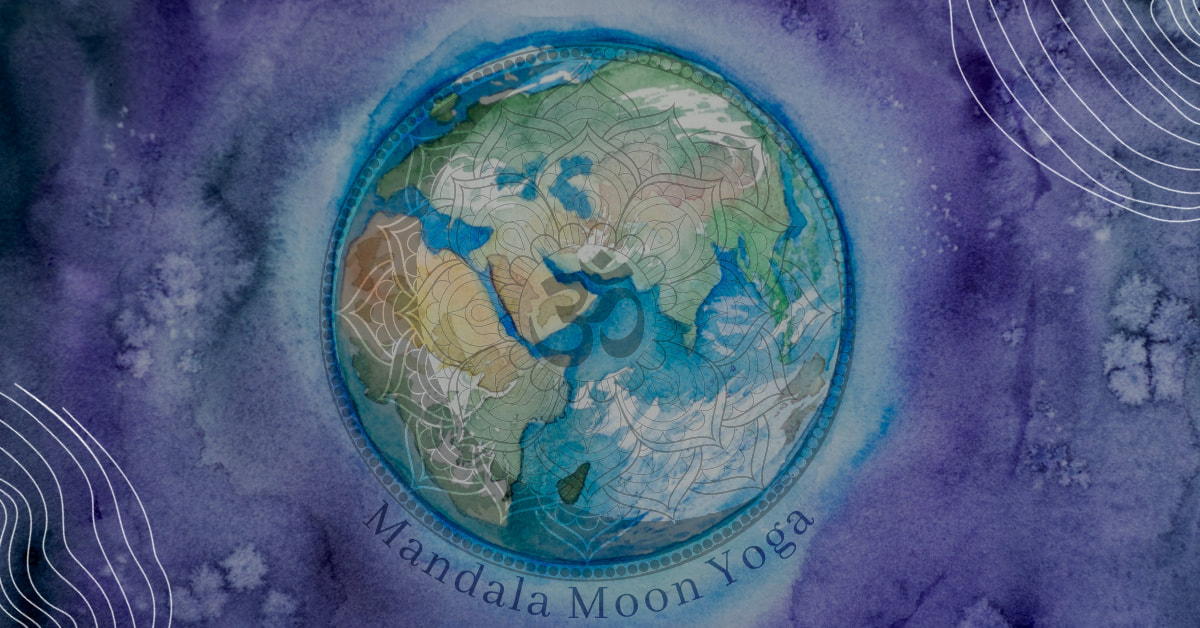We now invite you to do a 100-Day Challenge, or at least attempt one. We’re convinced you could benefit from simplifying your morning routine, making “what to wear” the easiest question of your day. Here are some reasons you should give it a try:
- Spend less time and money doing laundry and dry cleaning (duh!).
- Learn how to get more wears out of a garment (e.g. when you spill on your dress, you'll immediately take action to clean it since you're wearing it again tomorrow!).
- Recognize what you need and don't need in your wardrobe.
- Realize that your clothing isn’t what defines you (have you heard of the spotlight effect? It’s a phenomenon in which people tend to believe they are being noticed more than they really are.)
- Have more money to spend on experiences with the people that make you the happiest.
- Reduce your impact on the planet when you realize you don't need a closet packed full of clothing.
- If you complete the challenge, we'll gift you $100 toward your next wool& dress.
I love this challenge for all of the reasons listed on wool&’s site, but the big one is that I’ve been trying to get away from “fast fashion.”
If you aren’t familiar with the term fast fashion, read this article from Borgen Magazine. If you don’t want to read it, here’s a quick summary. Fast fashion refers to the mass production of trendy clothing. Among the issues with fast fashion is that it is the second largest industry contributing to pollution in the form of carbon emissions (the oil industry is the worst). Additionally, the overseas workers who are employed by the fast fashion industry are often exploited - working for very low wages and in dangerous conditions.
This is the last paragraph from the article written by Samira Akbary:
Fast fashion may provide affordable and fashionable clothing to many people, however, it comes with an ethical price. This industry is one of the leading causes of both water pollution and carbon emissions. Workers are paid unlivable wages without benefits and are exposed to many hazards. Many young women are exploited for the benefit of these large companies. So next time before you buy fast fashion items, think of the consequences of your purchase. Look for alternative shopping methods such as thrift shopping.
I would rather have a few expensive items of clothing that I know come from companies who have fair labor practices than support those who are exploiting their employees and adding to our planet’s pollution problem.
From a yoga standpoint, fast fashion purchasing is unethical. Consider the yamas and niyamas. If you aren’t familiar with the yamas and niyamas, they are the 10 ethical guidelines listed in Patanjali’s Yoga Sutra. (For more on the yamas and niyamas, find my blog post titled “Lessons from my mother and my yogurt” from 2013.) As yoga practitioners and good humans, we strive to follow their guidance. Consider these four:
Asteya - Nonstealing - includes not just stealing from others, but stealing from the earth. I’ve made a conscious attempt to reduce my use of plastics over the years. I’m careful about the cleaning products I use as well as personal care items. I refill glass or aluminum water bottles from the tap. I have rain barrels. I recycle and reuse.
It’s time to get on board with my clothing now! I wore this dress every day for 100 days, and I probably only had to wash it four times. I know that sounds gross, but two things. First, this fabric really is amazing. It did not get smelly! I only washed it because it seemed weird not to. Second, I didn’t wear the dress all day every day. As a yoga teacher, I spend at least a couple of hours most days in yoga pants and tanks. I brought the dress with me to work every day and changed after class. OK - make that three things. I wore the dress in the cold winter months of Central New York. I’m guessing I would have needed to wash it more often if I’d been wearing it in the summer!
Brahmacharya - Nonexcessiveness - not taking more than we need. That’s pretty self-explanatory! I definitely have way more than I need, and I’ve been trying to declutter and simplify for several years.
Santosha - Contentment - being grateful for what we have. I will think twice before buying clothing in the future. The closet full of clothing I already have is enough. If I need to invest in clothing, I will consider the source.
Svadhyaya - Self-Study - We can use things we read, our yoga practice, therapy, our experiences in life, etc. to study our own behavior and hopefully, grow spiritually. Wearing the same dress every day from Christmas until almost Easter taught me a lot about myself!
I’m attaching the 100 photos I took from late December 2020 through early April 2021. Some of them are better than others, but I’m wearing that wool dress in every one of them! How can you honor Mother Earth this Earth Day (and every other day)?


 RSS Feed
RSS Feed